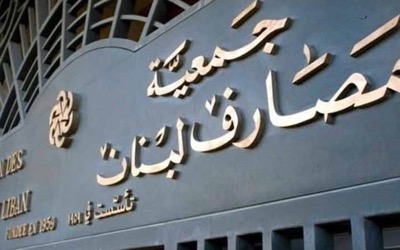
The Lebanese central bank, Banque du Liban, has issued the following directives to the main banks in the country :
– not to distribute to shareholders the profits accrued in 2019; and
– to build up own funds as compared to 31 December 2018, by an initial increase of 10% before 31 December 2019, followed by another 10% before 30 June 2020.
The capital of the 16 major banks (Bank Audi, BLOM Bank, Société de Banque Générale au Liban (SGBL), Byblos Bank, Fransabank, Bankmed, Bank of Beirut (BOB), Banque Libano-Française (BLF), Creditbank, Credit Libanais BBAC, IBL Bank, First National Bank (FNB), Lebanese and Gulf Bank, Lebanese Swiss Bank, Saradar) amounts to $ 22 billion. This re-capitalization will reach $ 4.4 billion.
The rating agency Fitch downgraded Bank Audi and Byblos Bank from "CCC" to "CCC-", while Moody’s lowered the Lebanese debt rating to "Caa2".
It appears that some private banks have accepted to make international transfers, contravening the instructions coming from the Central Bank.
It should be recalled that it is the cash crisis that triggered the ongoing revolt in Lebanon and not the adoption of the tax designed to counteract it. Following the US sanctions aimed at obstructing Hezbollah’s funding by the diaspora (and not by Iran), the 16 largest Lebanese banks saw their profits fall by 6.6% in the first half of 2019.












Stay In Touch
Follow us on social networks
Subscribe to weekly newsletter